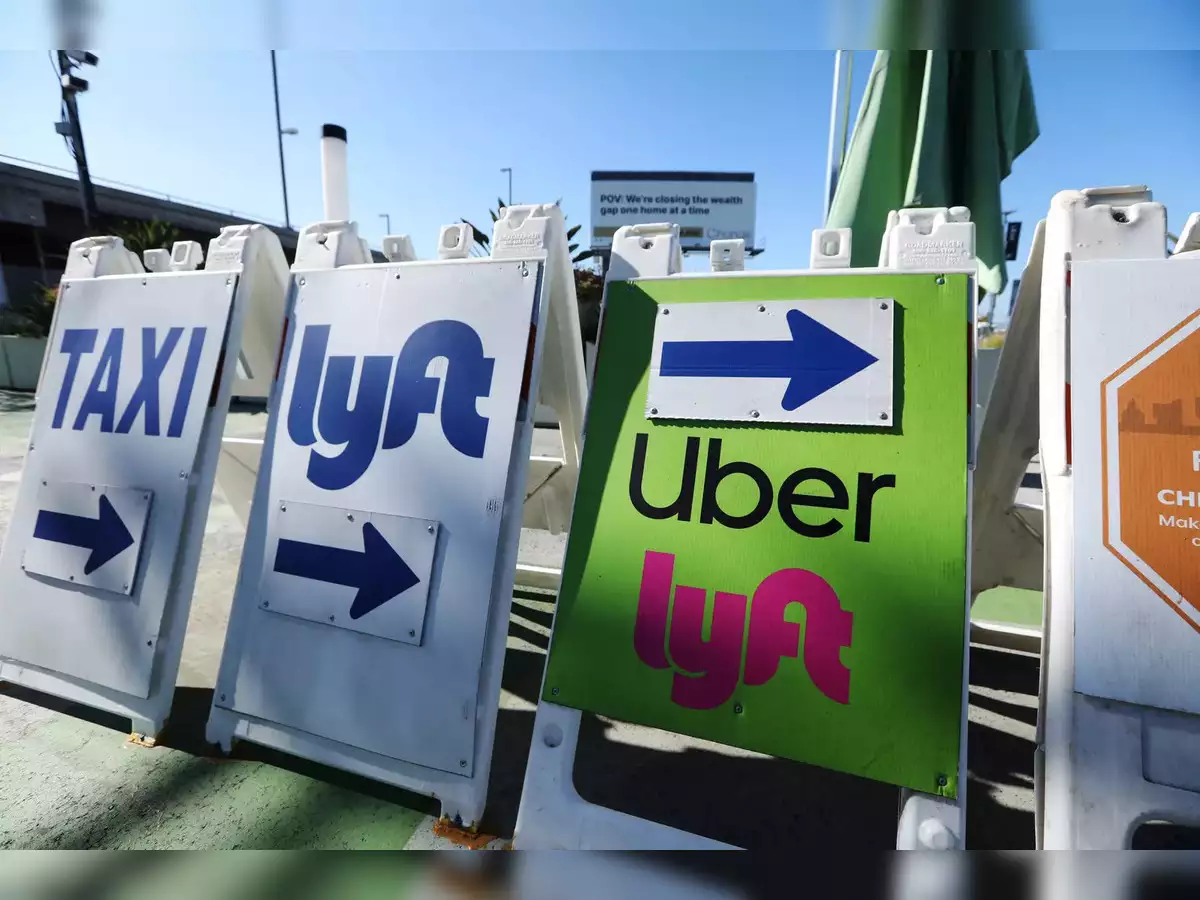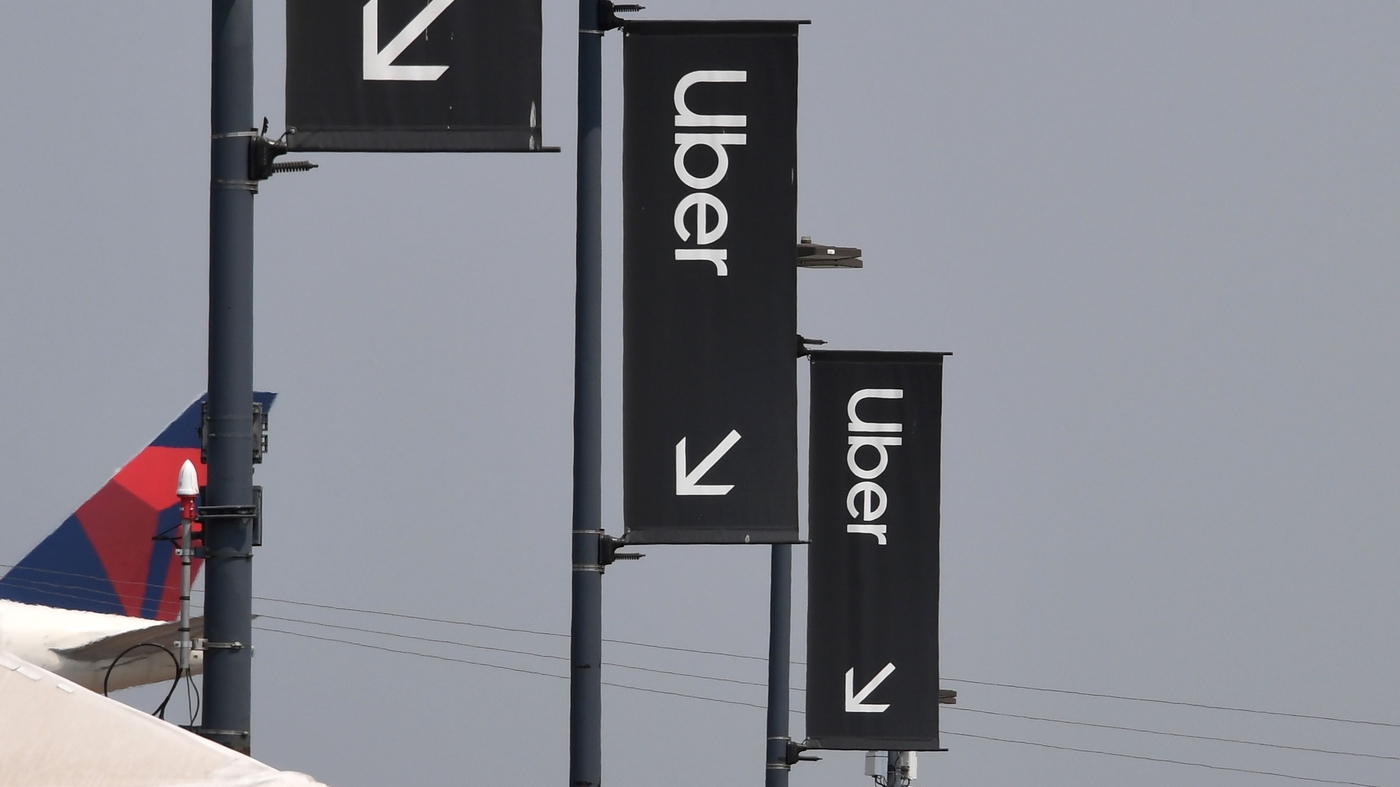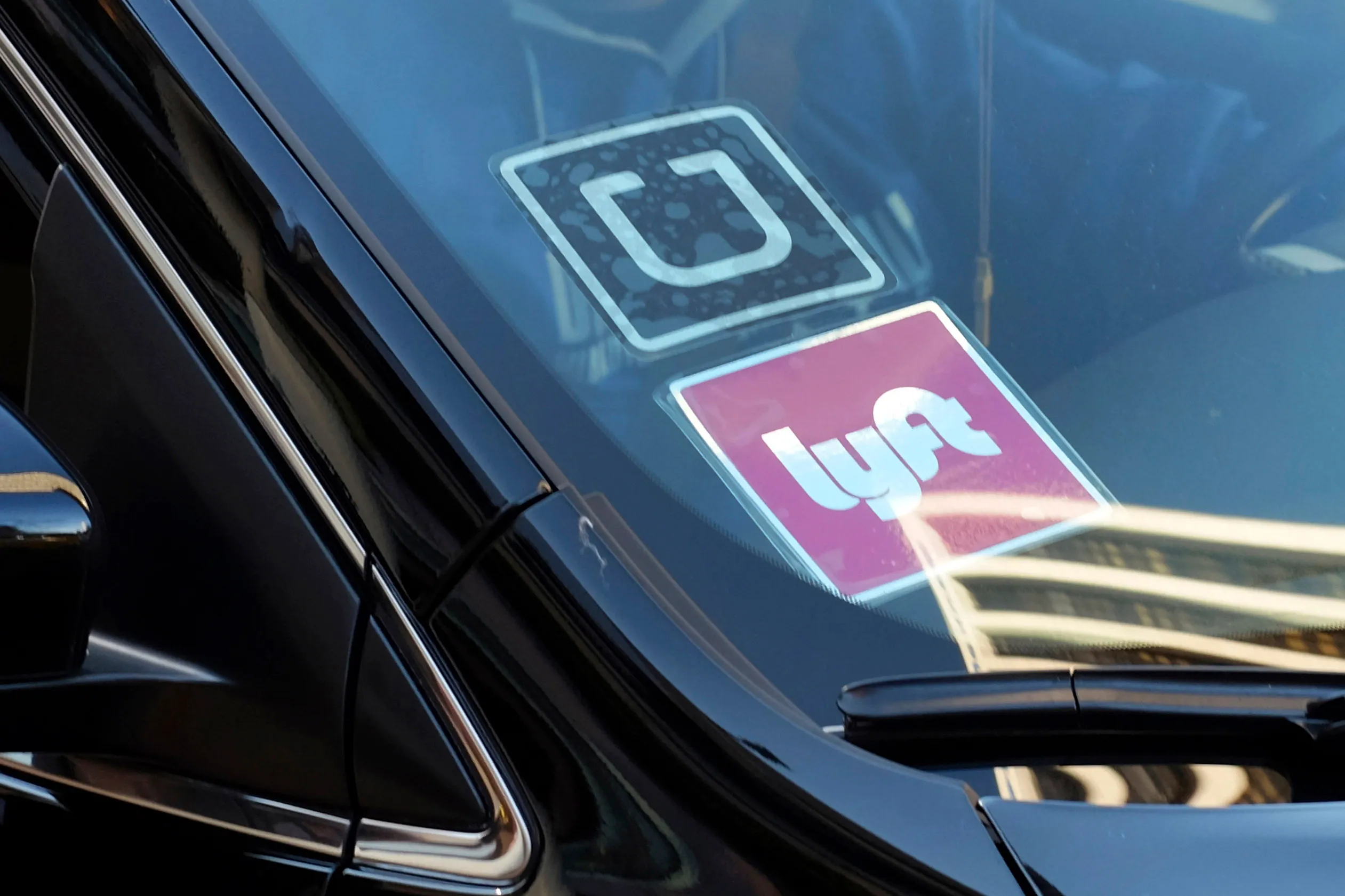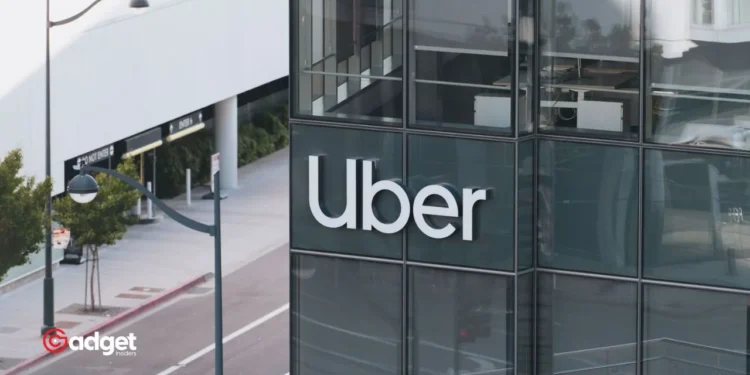As the California Supreme Court gears up to hear a pivotal case that could redefine the operational framework for ridesharing giants like Uber and Lyft, the future of gig work in the Golden State hangs in the balance. This critical hearing, set to unfold in San Francisco, will determine whether drivers for these app-based services will continue as independent contractors or be reclassified as full-time employees.

The Proposition 22 Debate: A Fight for Gig Workers’ Rights
In the heart of the controversy is Proposition 22, a measure overwhelmingly approved by California voters in November 2020. This legislation was designed to categorize drivers of ride-hailing apps as independent contractors, rather than full-time employees. The distinction is crucial, as it influences not only the benefits and protections available to drivers but also the cost and operational strategies of the companies that employ them.
Proposition 22 includes several provisions aimed at improving the working conditions of drivers. These include guarantees like earnings at least 120% of the minimum wage for “engaged time” (the time spent on rides or deliveries), health-care subsidies for those driving more than 15 hours per week, vehicle expense reimbursements, and occupational accident insurance to cover on-the-job injuries. Despite these benefits, many drivers and labor advocates argue that the measure falls short of providing the full spectrum of protections afforded to full-time employees.

“More than two years after the passage of Prop 22, gig workers like me across California are still demanding basic rights like paid sick leave, meaningful health benefits, and overtime pay,” Hector Castellanos, an Uber driver and plaintiff in the case, said last year after the Supreme Court of California agreed to hear the case. “With Prop 22, the gig companies are violating our constitution and undermining its spirit.”
Business Perspectives and the Potential Consequences of Reclassification
On the other side of the argument, companies like Uber and Lyft contend that reclassifying drivers as full-time employees could significantly elevate labor costs and force them to reassess their operations in California. Such changes could potentially lead to reduced services and higher costs for millions of Californians who rely on these platforms for transportation and food delivery.
“Forced employment would be devastating for the thousands of drivers and couriers who turn to Uber for flexible work and the millions of Californians who would see major service reductions and cost increases—or lose ridesharing and food delivery entirely,” an Uber spokesperson said.
“If Prop. 22 is struck down, drivers could lose access to flexible earning opportunities, and millions of Californians could face difficulties finding affordable transportation,” a Lyft spokesperson told Newsweek.

California Supreme Court’s Gig Worker Ruling
The California Supreme Court’s decision could set a precedent for how gig workers are treated across the nation. As the court prepares to hear oral arguments on May 28 at 1:30 p.m. PT, all eyes will be on San Francisco to see how this landmark case will be resolved. The outcome will not only affect the drivers and companies directly involved but could also influence the broader gig economy and labor market dynamics across the United States.










